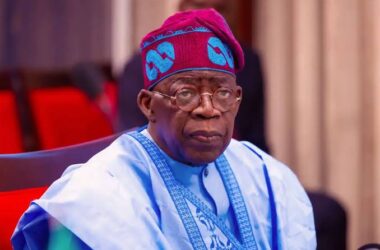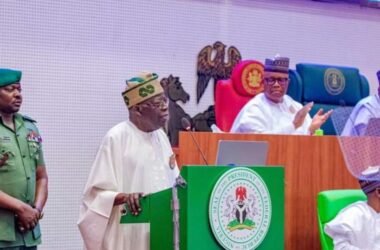The Attorney General of the Federation and Minister of Justice, Lateef Fagbemi (SAN), has unveiled a new multi-agency initiative aimed at tackling the growing threat of cybercrime in Nigeria. The newly formed body, called the Joint Case Team on Cybercrime (JCTC), was officially launched on Tuesday, April 29, 2025, during an event at the Federal Ministry of Justice Headquarters in Abuja.
While speaking at the launch, Fagbemi noted that the JCTC is designed to enhance cooperation among law enforcement and judicial institutions. According to him, the aim is not only to address the alarming rise in cybercrime but also to modernise the legal process for dealing with such crimes. “An effective criminal justice response requires seamless cooperation between relevant actors – the investigators and prosecutors,” he noted.
The JCTC brings together representatives from several major agencies. These include the Nigeria Police Force National Cybercrimes Centre, the Economic and Financial Crimes Commission (EFCC), the Nigeria Financial Intelligence Unit (NFIU), the National Agency for the Prohibition of Trafficking in Persons (NAPTIP), the Nigeria Computer Emergency Response Team (NGCERT) from the Office of the National Security Adviser, the Federal Ministry of Justice, and the Federal High Court.
Fagbemi pointed out that while Nigeria has strong laws under the Cybercrimes Act 2015 (as amended), enforcement has often been hindered by lack of cooperation between key players. The JCTC, he said, will allow for better coordination, shared intelligence, and more efficient investigations and prosecutions.
He also clarified that the team does not override the authority of any participating agency. Instead, it aims to foster collaboration while maintaining each institution’s legal powers. “Investigators and prosecutors will work side by side from the very onset of a case, aligning strategies, harnessing resources, harmonising efforts, building capacity, and collectively achieving desired results,” he said.
International support also came from the United Kingdom. David Hanson, the UK’s Minister of State for Home Affairs, praised the formation of the JCTC. He noted that the UK is committed to supporting Nigeria’s efforts to reduce cybercrime and fraud. “We’ve been pleased to support and assist with the development of the JCTC. This initiative will help reduce cybercrime, encourage growth, and promote investment in Nigeria while fostering cooperation with the United Kingdom,” Hanson said.
Justice John Tsoho, Chief Judge of the Federal High Court, represented by Justice Inyang Ekwo, also gave his support to the project. He noted the growing threat of cybercrime and the need for the judiciary to play a strong role in tackling it. “This initiative underscores our commitment to upholding the rule of law in the digital age,” he stated.
Justice Tsoho ended his message by calling for unity and determination in the fight against cybercriminals. “Let this be a clear message to cybercriminals: their actions will not go unchallenged. We are united in our resolve to hold them accountable,” he said.










